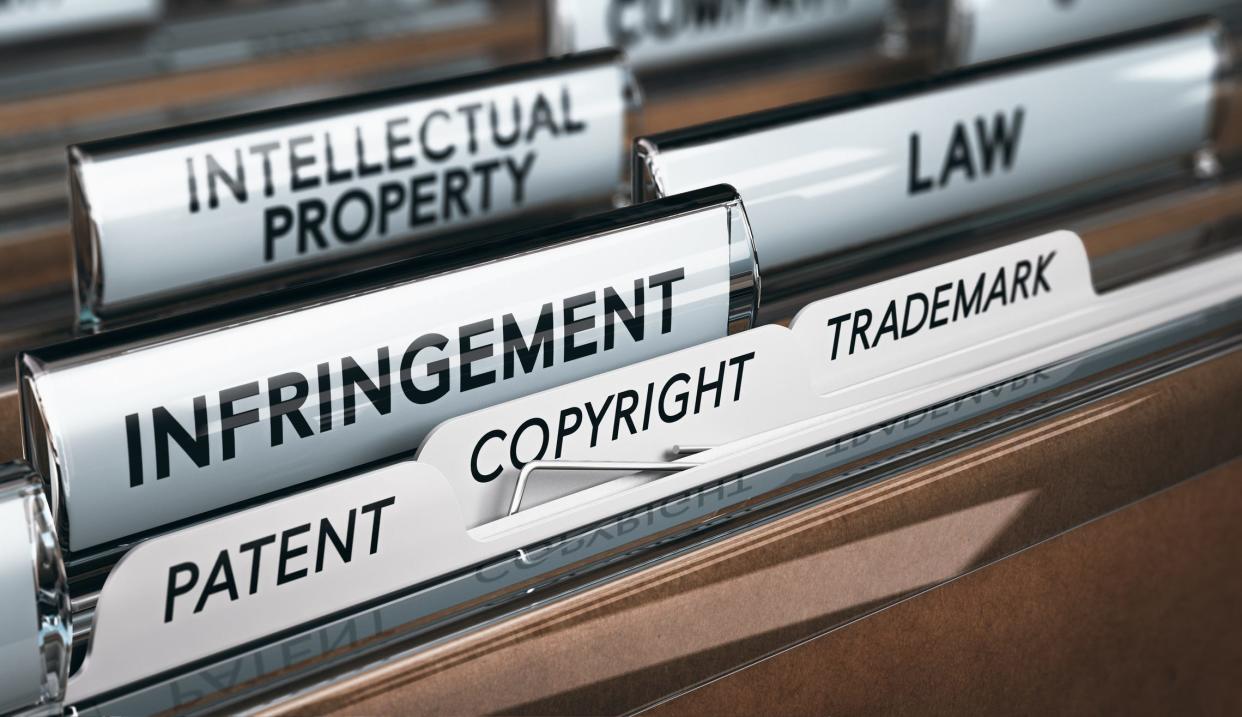Small business: Which legal matters require a lawyer, and which can you handle yourself?

I practiced law for many years and mostly enjoyed it – when I was working for myself, that is. (Working for the big firms is no fun.)
I liked that I could help my fellow small-business owners out of a jam. But I learned that they didn’t always need my help. There are plenty of times when do-it-yourself law makes sense. Usually, this relates to issues that are not too complicated. That said, if you are sued or otherwise involved in complex litigation, I am afraid it is time to lawyer up, my friends!
Let’s look at some easy legal tricks that can save you a bundle.
1. Handle basic matters such as incorporation and partnership agreements yourself. Do-it-yourself law is near and dear to my heart because my first books were called "Ask a Lawyer." Although books are good, to really do it yourself, sites such as Nolo.com and LegalZoom.com are your best bet; they are easy to use and top-notch.
2. Protect your intellectual property. If you are a content creator or inventor, it is vital that you protect your IP – your copyrights, patents or trademarks. Though DIY legal sites can help you with this, you might want to check out the U.S. Patent and Trademark Office's website.
Copyrights don't need to be registered with the federal copyright office to be legal; copyrights are created as a matter of law at the moment of creation. See, this sentence is now copyrighted. You will, however, need to register it in order to take legal action.
3. Get creditors to leave you alone. Plenty of entrepreneurs are harassed by bill collectors, especially as the COVID-19 pandemic wears on. If you want the phone to stop ringing, you can invoke the Fair Debt Collections Practices Act.
Say something like “Pursuant to the FDCPA, you are to never call me again about this debt.” (Note: This has to be said to third-party bill collectors and not the original creditor.)
Once they have been given notice (doing it by certified mail is even better), they have to stop calling. They may sue you – or not – but the calls and harassment will cease.
4. Often, you need only a nastygram. Why go to all the time and expense of hiring an expensive lawyer and suing someone when often, a strongly worded letter from your counsel will accomplish the same result? Lawsuits are messy and expensive. Instead, a defiant letter from a lawyer will definitely get your adversary’s attention – and at a fraction of the price.
5. When a letter doesn’t work, negotiate. I know, you want to sue the bum. But the bum can sue you back. And your lawyer is the one who will benefit. It is often better to bite the bullet and negotiate before you litigate. (Before you do, you should negotiate your lawyer’s fees and expenses. Yep, they are negotiable, too.)
6. If you don’t have a contract. What do you do when you rely on someone’s verbal promise to your detriment? Invoke a legal maxim called promissory estoppel.
Example: Say that you are a contractor and you ask a subcontractor for a bid for a project and he gives a very low bid. You get the project, but the sub now says he can’t perform with the low bid he gave. Even though there is no contract, you can invoke promissory estoppel and hold him to the promise because you relied on it.
7. Know when to hold ’em and know when to fold ’em. You are in business to make money, not spend it on losing causes. When you are wrong, you’re wrong. Toss it in and live to fight another day.
Steve Strauss is an attorney, speaker and the author of 17 books, including his latest,"Your Small Business Boom." You can learn more about Steve at MrAllBiz.com, get more tips at his site TheSelfEmployed and connect with him on Twitter @SteveStrauss and on Facebook at TheSelfEmployed. The views and opinions expressed in this column are the author's and do not necessarily reflect those of USA TODAY.
This article originally appeared on USA TODAY: Small business: Which legal matters require a lawyer and which don't?

